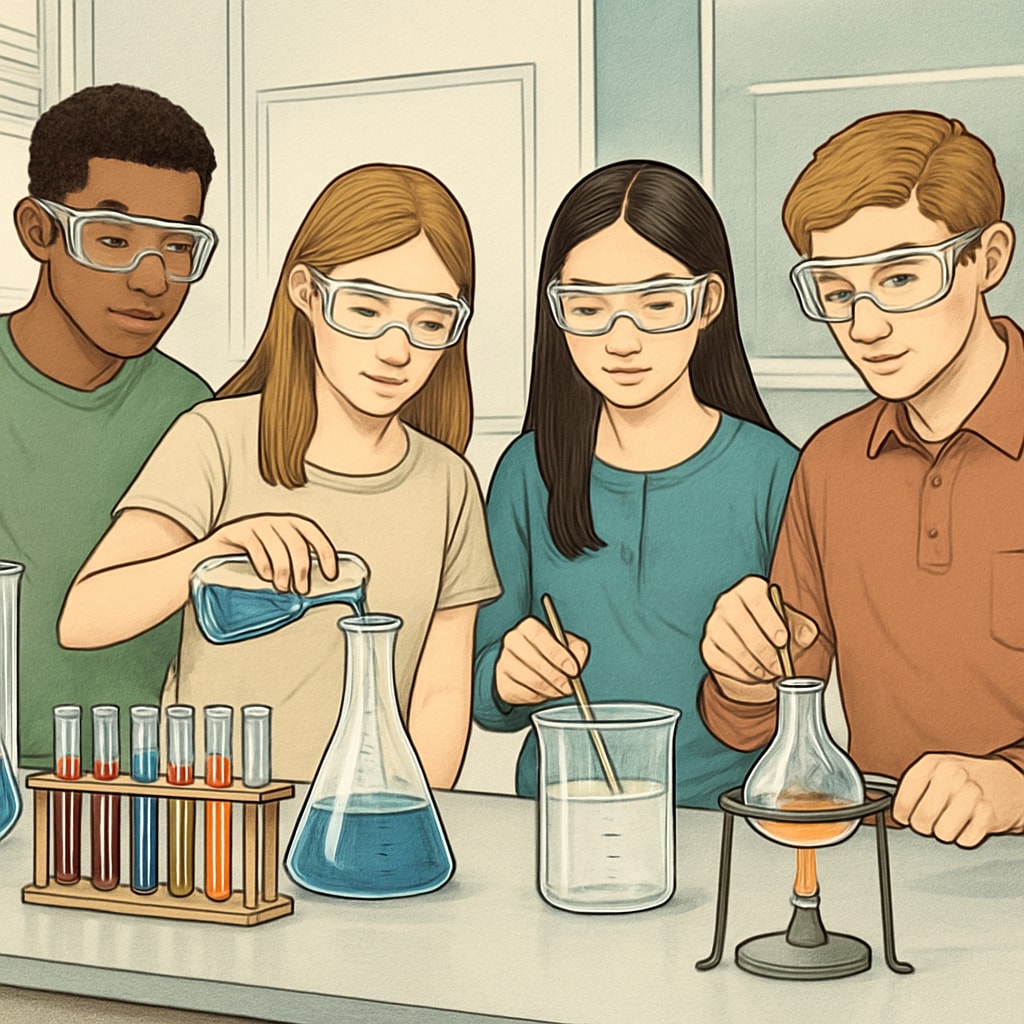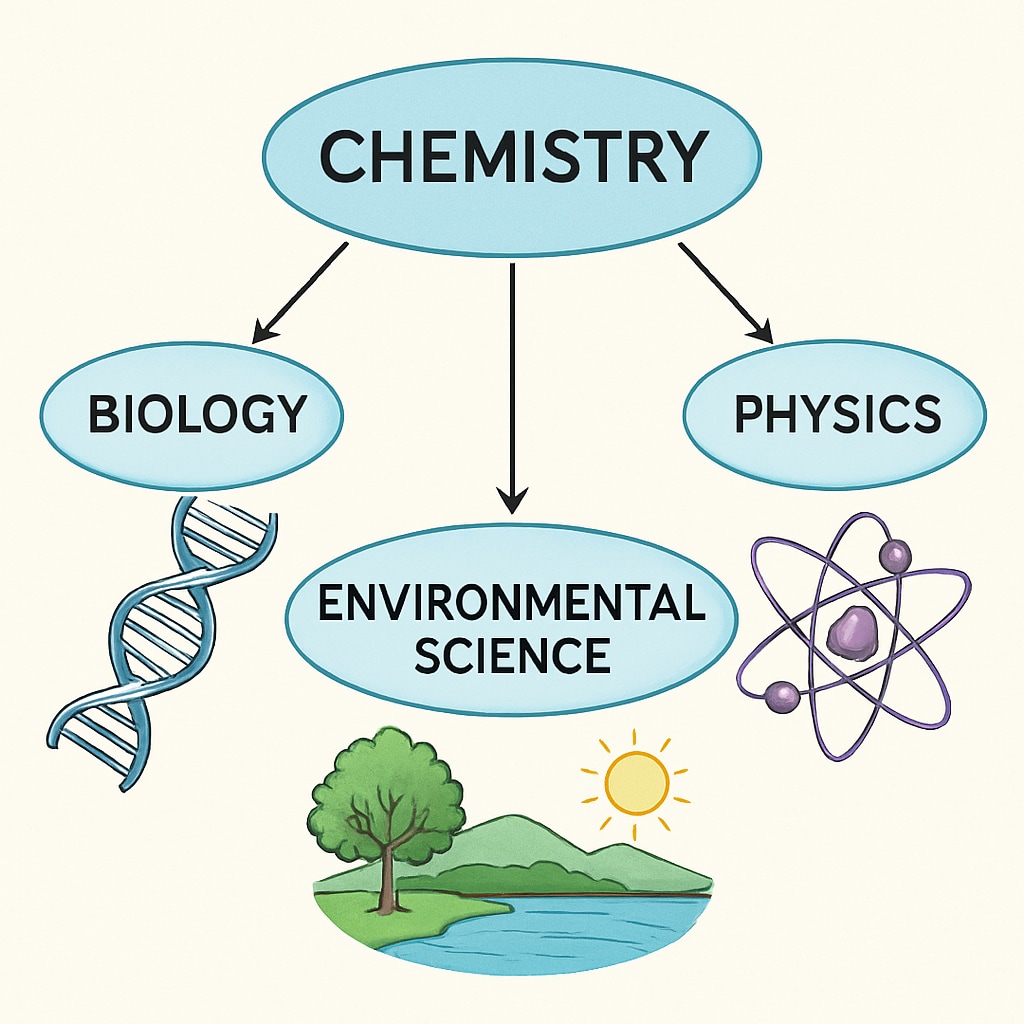When tackling chemistry research, high school projects, topic selection advice becomes crucial for students aiming to conduct meaningful scientific investigations. Choosing the right project requires balancing scientific value, available resources, and personal interest. This guide presents practical strategies to identify compelling research questions that align with curriculum standards while offering genuine discovery potential.
Identifying Your Chemistry Research Focus Areas
Begin by exploring core chemistry branches that spark your curiosity. Consider these fundamental categories:
- Analytical chemistry (studying material composition)
- Physical chemistry (examining chemical processes)
- Organic chemistry (focusing on carbon compounds)
- Environmental chemistry (analyzing chemical interactions in nature)
The American Chemical Society provides excellent high school research resources to explore these fields further.

Developing Practical Research Questions
Transform broad interests into specific, testable questions using this framework:
- Start with observation (“I notice…”)
- Formulate a question (“What happens if…?”)
- Define measurable outcomes (“How can I track…?”)
For example, instead of “studying water quality,” refine to “measuring pH changes in local streams after rainfall.” This approach aligns with the scientific method while maintaining feasibility.
Cross-Disciplinary Project Opportunities
Modern chemistry increasingly intersects with other fields. Consider these hybrid approaches:
- Biochemistry: Study enzyme reactions using household items
- Materials science: Test biodegradable packaging alternatives
- Atmospheric chemistry: Monitor local air quality changes

Implementation tips: Always consult your teacher about safety requirements. Document your process thoroughly, as proper methodology often matters more than dramatic results. Remember, negative findings still contribute valuable scientific knowledge.


